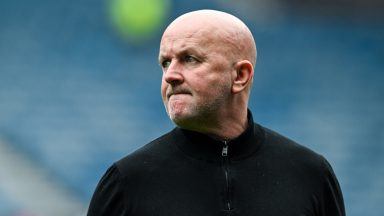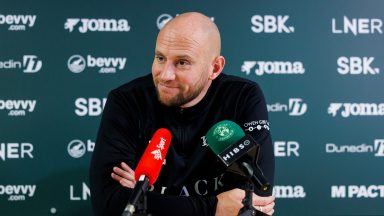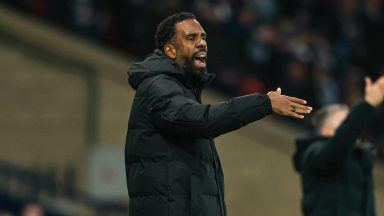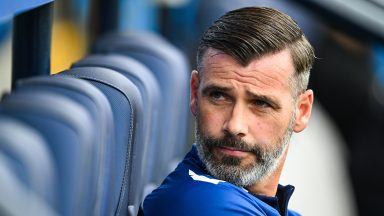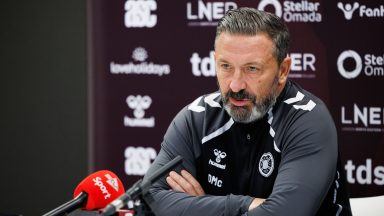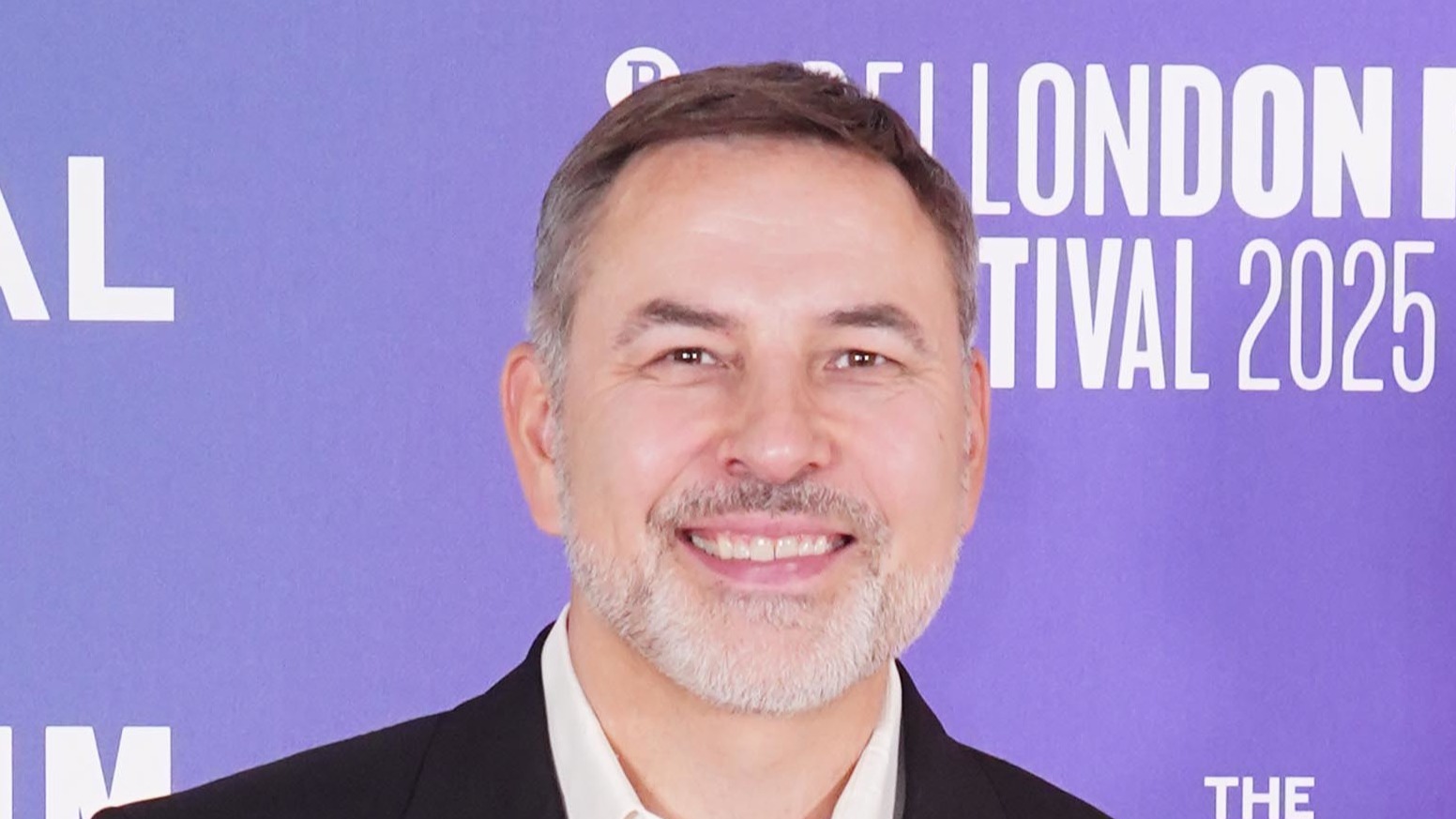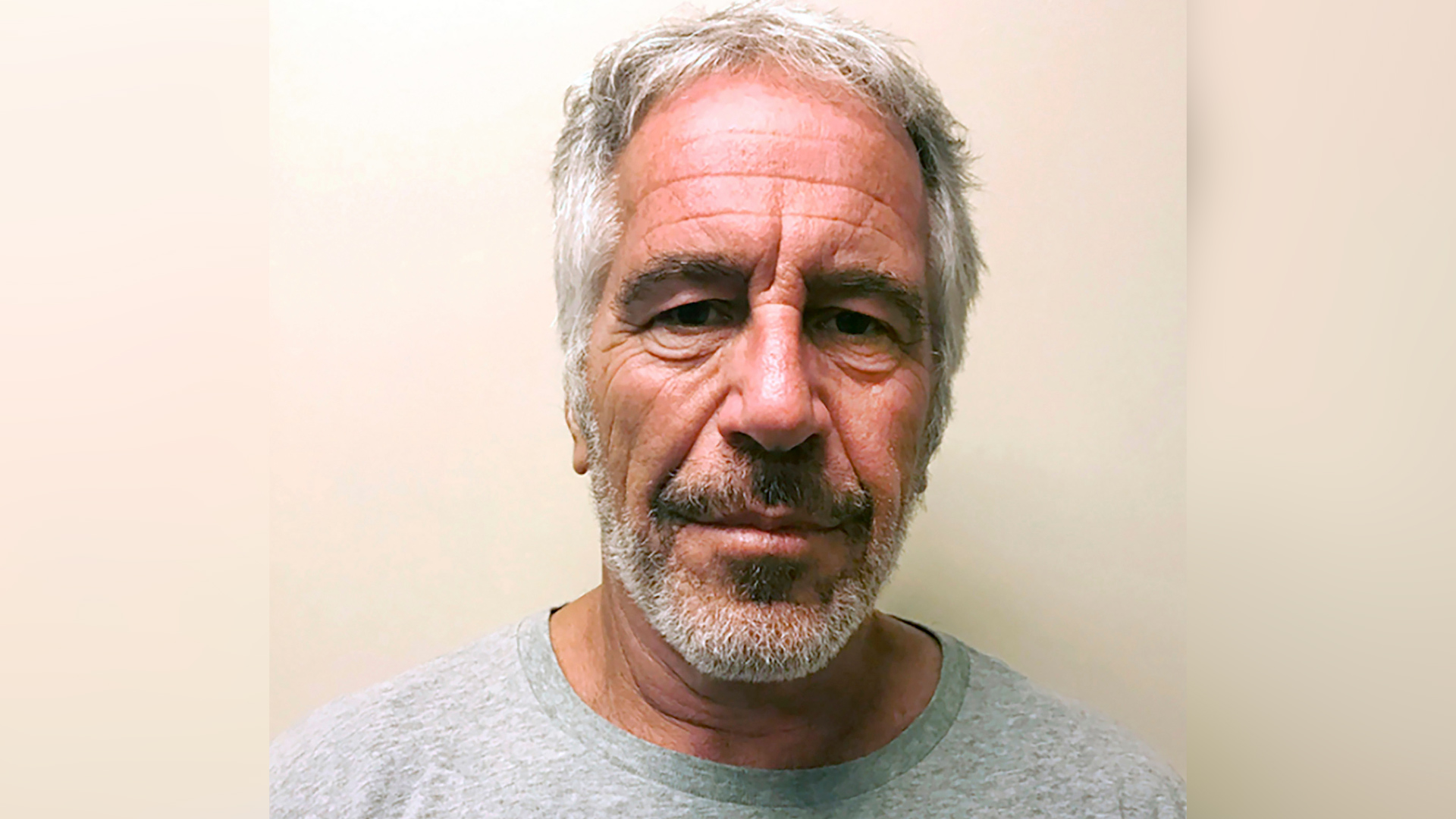When Scotland learned who they would be facing at Euro 2024 in December of last year, the excitement over being drawn to face Germany rightly dominated discussion and headlines but perhaps overshadowed the other two sides the national team will face.
When Hungary were placed in Group A, it meant that Scotland would be taking on the highest ranked of the second seeds, and team that has been steadily building a reputation as one of Europe’s most dangerous on their day.
Ranked 71st in the world back in 2002, the 21st century has seen Hungary rise steadily to a point where they are now in the world’s top 30 and have started to turn improving performances into regular success.
The Hungary national team is forever associated with Ferenc Puskas, the ‘Mighty Magyars’ side and a formidable reputation on the world stage in the 50s and 60s. But though they were finalists in 1954, they haven’t reached a World Cup since 1986.
And after third and fourth places at the Euros in 1964 and 1972, Hungary had a long exile from the continental competition until 2016. Things have changed since then.
Now at a third consecutive finals, the team head to Germany with a confident squad that has notable results to back their belief that they can progress and continue their rise.
Nations League, unbeaten runs and qualification success
Since falling at the first hurdle in a proper ‘Group of Death (France, Germany and Portugal) at the last Euros, Hungary has recovered from disappointment to build a real sense of momentum.
Qualification for the World Cup in Qatar proved disappointing, with the team finishing fourth in their group and looking to bounce back with a better showing in the Nations League, where they had won promotion into League A.
A narrow home win over England was an encouraging start, before a 2-1 loss to Italy. That was followed by a home draw with Germany, a thumping 4-0 win over Gareth Southgate’s England side in Wolverhampton and a 1-0 victory over the Germans in Leipzig.
Defeat to Italy in Budapest meant a second place finish but the results served notice that Hungary were not a team to be taken lightly.
What followed was a 14-game unbeaten run that stretched right through 2023 and into this year, only coming to an end with a 2-1 friendly to Republic of Ireland earlier this week. On that journey, qualification for the Euros was achieved with points to spare.
Boss Rossi is behind recent success
One of the major factors in Hungary’s recent achievements has been an astute manager.
A defender in his playing days, Marco Rossi’s coaching career began in the lower leagues in Italy, where he held half a dozen jobs and was apparently ready to look for another profession before a frined who ran a restaurant in Budapest said he knew the owner of Budapest Honved.
A year later he was leaving his homeland to take charge at the famous club.
Rossi took Kispest to the league title in 2017 and then had a year at DAC in Slovakia before getting the call to replace George Leekens as Hungary boss.
He’s become a hugely popular figure, winning Sportsperson of the Year twice, and showed the love goes in both directions when he took Hungarian citizenship two years ago.
Rossi is said to be a particularly strong man manager, who enjoys the full support of his players, and isn’t wedded to one system of playing, having switched between a back three and a back four over his time in charge. He believes a 3-4-2-1 is a good fit for his current group of players, though, and that’s what we’re likely to see at the Euros.
The Italian faces some question marks about his team selection, mainly on who his first choice central defenders are, but he says the desire is in the squad to have a successful tournament.
One talisman but a talented team

Playing in Germany will be as good as home turf for some of the Hungarian players, with five of them currently at Bundesliga clubs and others having a spell in the country on their CV.
The leading light in the team is, of course, Liverpool star Dominic Szoboszlai. Captain of the national team, and with 12 goals from 40 caps at the age of just 23, Szoboszlai missed out on the previous Euros through injury and will have a point to prove this time around.
Given license to wander in a left-sided attacking midfield role, he can create and score, as well as being a dead ball specialist with a powerful shot from distance that’s an effective weapon.
To his right is Freiburg’s Roland Sallai, who is capable of a spectacular goal himself, and they may also have prolific Ferencvaros forward Barnabas Varga in the team. he scored 20 goals in 24 league games this season and has four goals from nine international caps.
Furhter back the defence boasts Leipzig’s Willi Orban and Freiburg’s Attila Szalaia, though the latter is returning from injury, and fit-again Leipzig keeper Peter Gulacsi is likely to get the nod as number one.
What are the expectations?
Rossi has only talked in vague terms about having a successful tournament and it’s understandable if he doesn’t want to lay out a specific target he is aiming for.
The wins over Germany and England, especially that 4-0 demolition, have raised expectations that they can get past any side when they are in the mood. The more modest ambition would be to improve on last time by getting out of the group, and then better the 2016 team by reaching the quarter finals.
The format of the tournament means most would expect this talented and organised side to play more than three games this month but they have also been tipped as dark horses to really make a go of it.
Hungary’s date with Scotland in Stuttgart could be key to the hopes and dreams of both.
Follow STV News on WhatsApp
Scan the QR code on your mobile device for all the latest news from around the country



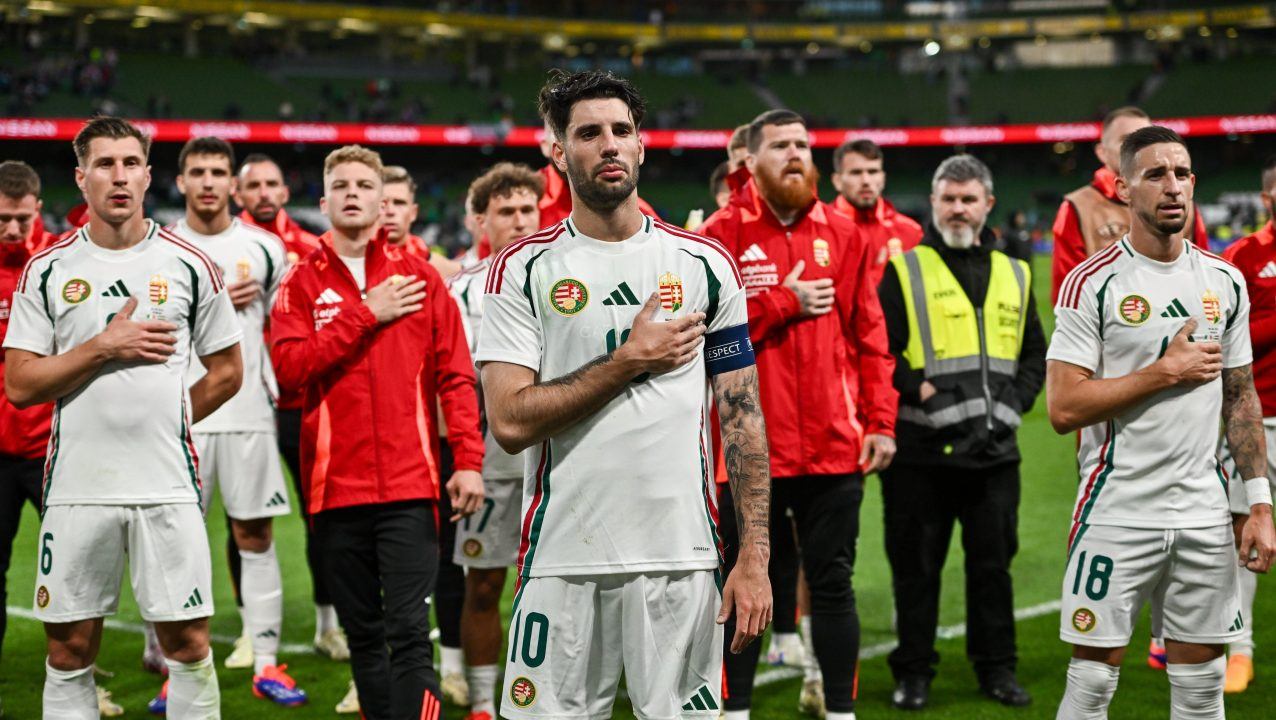 Getty Images
Getty Images
















